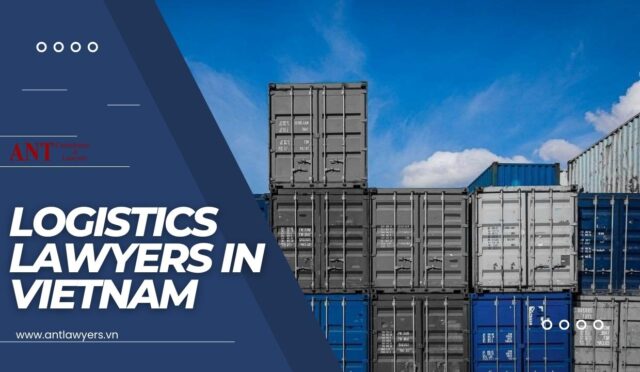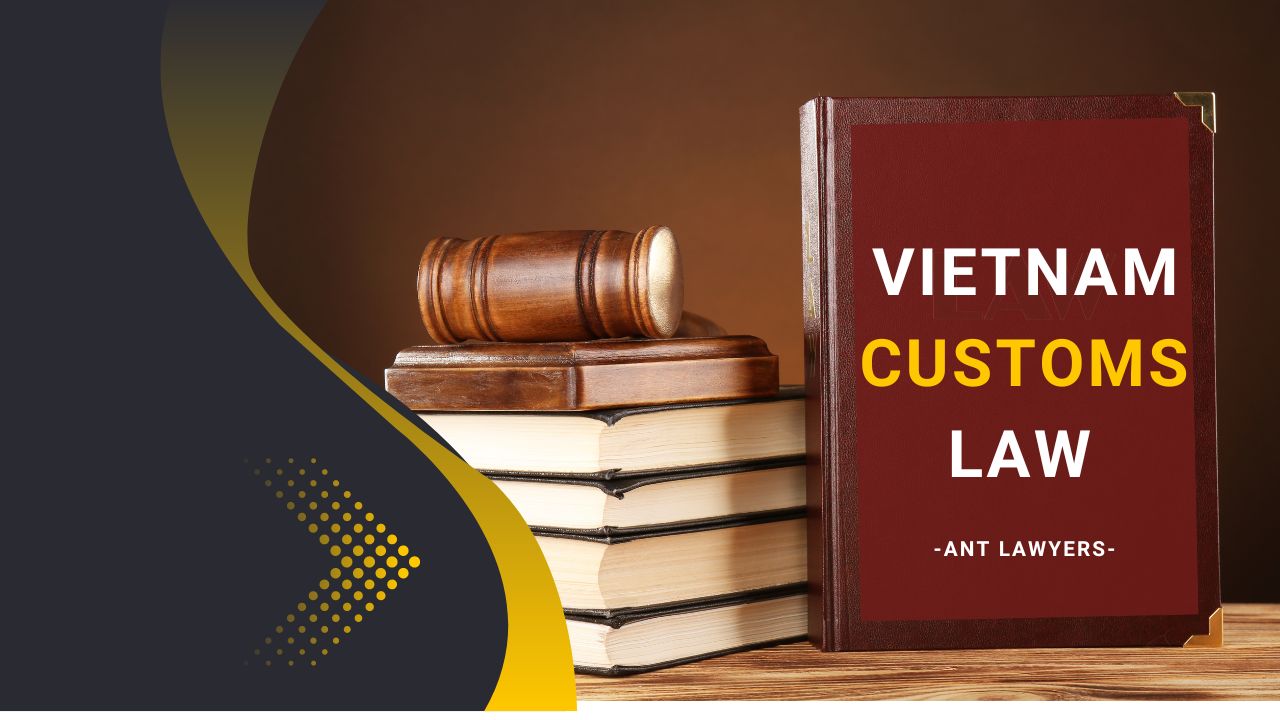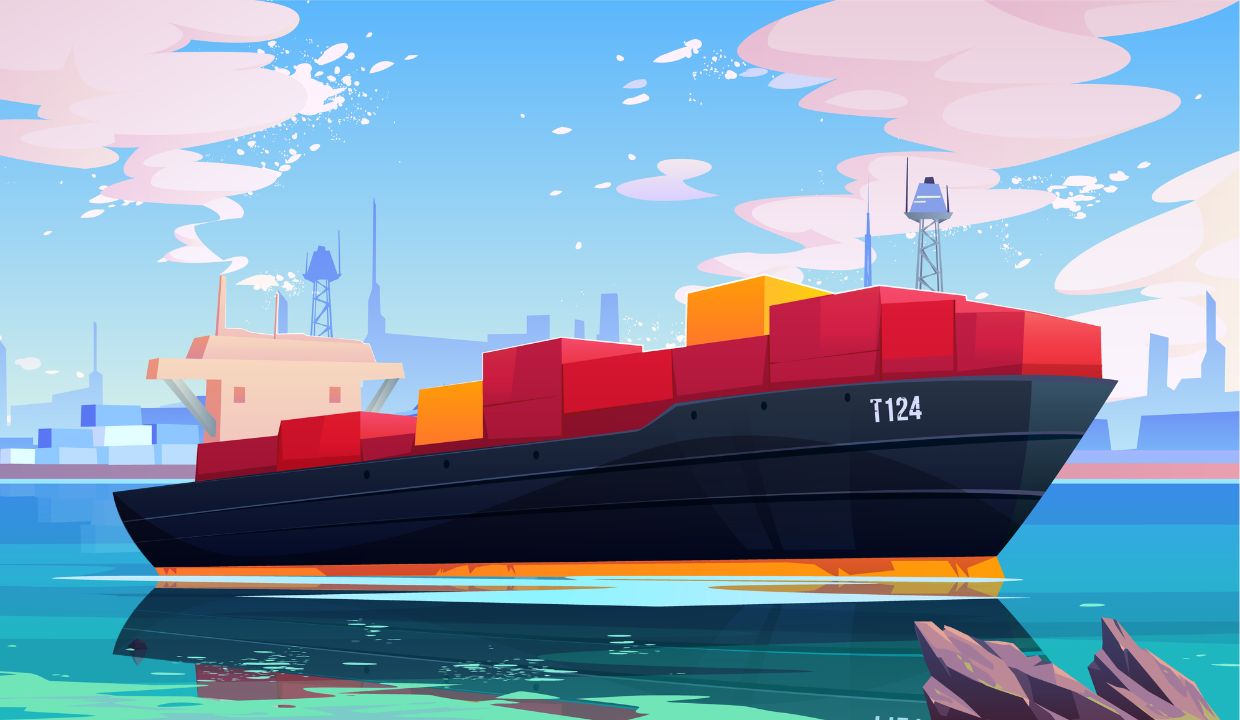Logistics has been an essential component of global trade and commerce for centuries. Many global logistics firms have developed robust processes and procedures to manage the complexities of moving goods across international borders.
However, in Vietnam, the logistics landscape presents unique challenges due to the local environment, regulations, customs and practice clashing with with growing complexity of the industry, advancements in communication infrastructure, and sophisticated tracking systems. Despite these advancements, manual processes such as customs inspections remain prevalent. Furthermore, the logistics industry in Vietnam heavily relies on customs practices and international standards, making it challenging for foreign firms to understand and localize their operations effectively.
Many global logistics and freight forwarding companies entering the Vietnamese market have not invested sufficiently in localized support, particularly engaging with logistics lawyers in Vietnam, assuming that their global processes would suffice. This assumption often proves to be misguided. This article explores ten critical reasons why logistics lawyers in Vietnam are indispensable for global logistics firms aiming to succeed in this dynamic market.

The Importance of Logistics Lawyers in Vietnam
Logistics lawyers in Vietnam play a pivotal role in helping global logistics firms navigate the intricate legal landscape of the Vietnamese logistics industry. Their expertise ensures compliance with local laws, smooth operational processes, and protection of the firms’ interests. Here’s a detailed look at how logistics lawyers in Vietnam are crucial for foreign logistics companies.
1. Expertise in Local Laws and Regulations
Vietnam’s legal framework for logistics is complex and continually evolving. Logistics lawyers in Vietnam possess an in-depth understanding of local laws and regulations that govern the logistics industry. Many of the times, the issues are with the licensing, and requirements to conduct the the business lines of logistics, transport agent, freight forwarder, bonded warehouse leasing, customs brokerage permits. The logistics lawyers ensure that foreign logistics firms comply with all relevant legal requirements, thereby minimizing the risk of legal disputes and operational disruptions. Their knowledge is crucial for understanding the specific legal nuances that can affect logistics operations in Vietnam.
2. Facilitating Market Entry
Entering the Vietnamese market involves navigating various legal formalities, which can be daunting for foreign logistics firms. Logistics lawyers in Vietnam assist companies with all necessary documentation and procedures, ensuring a smooth and efficient market entry. Their expertise in drafting and reviewing contracts, advising, applying, obtaining licenses, and securing permits is invaluable for foreign firms looking to establish a foothold in Vietnam. Further, it is equivalent important to help align expectation of the logistics companies entering Vietnam taking consideration of different cultures, business practice and the way State authorities in Vietnam work.
3. Navigating Customs Procedures Challenges
Customs procedures in Vietnam are known for their complexity and manual processes. Logistics lawyers in Vietnam provide essential guidance on navigating these procedures, ensuring compliance with customs regulations. They assist in advising the legal requirements for the logistics company in preparing and submitting customs documentation, responding to customs queries, and addressing any issues that may arise during customs inspections.
4. Mitigating Risks
The logistics industry in Vietnam is fraught with risks, including regulatory compliance issues, operational disruptions, and legal disputes. Logistics lawyers in Vietnam conduct thorough due diligence and risk assessments, identifying potential legal issues and developing strategies to mitigate them. This proactive approach helps foreign logistics firms avoid costly legal disputes and ensures smoother operational processes. For instance, for avoidance of litigation at local court, making sure arbitration would be a preferred choice when it comes to dispute need to be prepared from engaging with customers, which sometime get lost in foresight.
5. Handling Dispute Resolution
Disputes are inevitable in the logistics industry. Logistics lawyers in Vietnam provide expert representation in negotiations, mediation, arbitration and court proceedings. Whether it’s a contractual disagreement, issues with local partners, or conflicts with regulatory authorities, these lawyers work diligently to resolve disputes efficiently and favorably. Their support is crucial for maintaining operational continuity and protecting the interests of foreign logistics firms. Pay attention, dispute in logistics might be complex in a sense that there are international practice, or jargon not being easily understood by the outsiders. INCOTERMS are simplest examples when it comes to evaluating risks transfer liabilities.
6. Ensuring Compliance with Labor Laws
Vietnamese labor laws are comprehensive and can be challenging for foreign logistics firms to navigate. Logistics lawyers in Vietnam offer guidance on employment contracts, employee benefits, and labor relations, ensuring compliance with local labor regulations. By helping logistics firms understand their obligations and rights, these lawyers foster a harmonious and legally compliant workplace, which is essential for successful operations.
7. Providing Strategic Business Advice
Logistics lawyers in Vietnam are not merely legal advisors; they often play a strategic role in business planning. They offer valuable insights into local market conditions, potential legal challenges, and strategic opportunities. For instance, they could search other companies in the market and provide some insights on permits and licenses the other companies might have. This strategic advice helps logistics firms make informed decisions that align with their business goals and the regulatory environment, enhancing their chances of success in the Vietnamese market.
8. Facilitating Environmental Compliance
Environmental regulations are a critical aspect of logistics operations in Vietnam. Logistics lawyers in Vietnam assist firms in understanding and complying with these regulations, ensuring that their operations meet all necessary environmental criteria. This includes guiding clients through environmental impact assessments and implementing appropriate mitigation measures. Their support ensures that logistics operations proceed without legal complications related to environmental issues.
9. Enhancing Communication with Local Authorities
Effective communication with local authorities is crucial for the success of any logistics operation. Logistics lawyers in Vietnam act as intermediaries, facilitating clear and effective communication between logistics firms and government officials. This role is vital in ensuring that all legal and regulatory requirements are met without delays and that any issues that arise are promptly addressed.
10. Building Long-Term Relationships
Successful logistics operations often rely on long-term relationships with legal advisors. Logistics lawyers in Vietnam prioritize building strong, trust-based relationships with their clients. This ongoing support ensures that logistics firms have a reliable legal partner who understands their operations and can provide timely advice as needed. These long-term relationships are invaluable for navigating the complexities of the logistics industry in Vietnam.
The Growing Complexity of Vietnam’s Logistics Industry
Vietnam’s logistics industry is evolving rapidly, driven by advancements in technology, infrastructure, and regulatory frameworks. However, this growth also brings increased complexity, making it essential for foreign logistics firms to have localized support. Here are some key factors contributing to the complexity of Vietnam’s logistics industry:
Communication Infrastructure
Companies might have used advanced tracking systems and digital platforms becoming more prevalent. While these advancements offer numerous benefits, they also introduce new challenges to be aligned with local regulations i.e. electronic vs paper trail. Logistics firms must ensure that their systems are compatible with local regulations while they can effectively manage and integrate these systems into their operations.
Manual Processes
Despite technological advancements, many aspects of Vietnam’s logistics industry still rely on manual processes. Customs inspections, for example, often involve manual checks and paperwork, which can be time-consuming and prone to errors. Logistics lawyers in Vietnam help firms navigate these manual processes, ensuring that all documentation is accurate and complete and that any issues are promptly resolved.
International Standards and Localization
The logistics industry operates on international standards, making it challenging for foreign firms to localize their operations effectively. Logistics lawyers in Vietnam provide essential support in understanding and complying with local regulations while maintaining adherence to international standards. This balance is crucial for ensuring that logistics operations are efficient and legally compliant.
The Challenges Faced by Global Logistics Firms in Vietnam
Global logistics firms entering the Vietnamese market face several unique challenges that can hinder their success if not properly addressed. Here are some of the key challenges and how logistics lawyers in Vietnam can help overcome them:
Understanding Local Regulations
Vietnam’s regulatory environment can be complex and difficult to navigate for foreign firms. Logistics lawyers in Vietnam provide essential guidance on understanding local regulations and ensuring compliance. Their expertise helps firms avoid legal pitfalls and ensures that their operations align with local laws.
Managing Operational Risks
Operational risks are inherent in the logistics industry, particularly in a dynamic market like Vietnam. Logistics lawyers in Vietnam conduct thorough risk assessments and develop strategies to mitigate these risks. This proactive approach helps firms manage operational risks effectively and ensures smoother logistics operations.
Navigating Bureaucratic Hurdles
Vietnam’s administration processes can be slow and cumbersome, posing challenges for foreign logistics firms. Logistics lawyers in Vietnam assist in navigating these hurdles, ensuring that all necessary permits and approvals are obtained promptly. Their support is crucial for avoiding delays and ensuring that logistics operations run smoothly.
Ensuring Effective Communication
Effective communication with local authorities and partners is essential for successful logistics operations. Logistics lawyers in Vietnam facilitate clear and effective communication, ensuring that any issues are promptly addressed and that all regulatory requirements are met. Their role as intermediaries helps bridge the communication gap and ensures smooth operations.
The Essential Role of Logistics Lawyers in Vietnam
In conclusion, the logistics industry in Vietnam presents unique challenges that require localized support and expertise. Logistics lawyers in Vietnam play a critical role in helping global logistics firms navigate the complexities of the legal landscape, ensuring compliance with local regulations, and protecting the firms’ interests. By leveraging the expertise of logistics lawyers, foreign logistics firms can overcome challenges, mitigate risks, and achieve success in Vietnam’s dynamic market.
By leveraging their expertise, reputation, and strategic advice of logistics lawyers, logistics firms can overcome challenges and capitalize on the opportunities in Vietnam’s vibrant economy.
How ANT Lawyers Could Help Your Business?
You could learn more about ANT Lawyers Logistics or contact our Logistics Lawyers in Vietnam for advice via email ant@antlawyers.vn or call our office at (+84) 24 730 86 529




